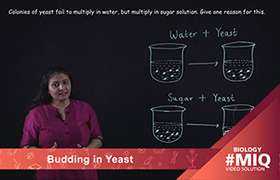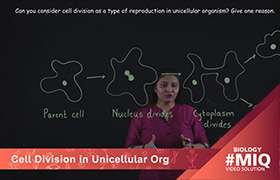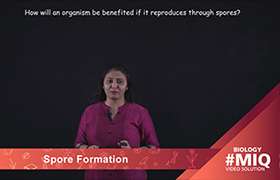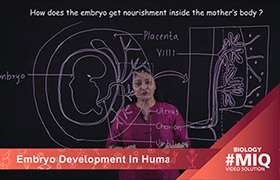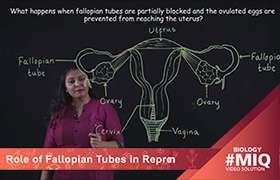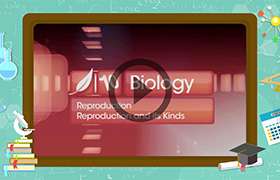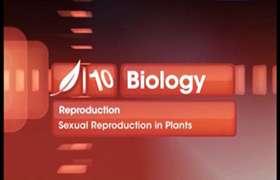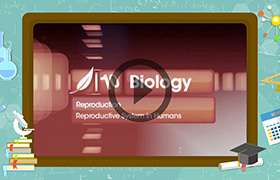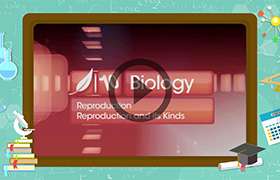CBSE Class 10 Answered
please answer the following
Asked by narinder | 14 Mar, 2010, 03:35: PM
Parthenogenesis is a form of agamogenesis in which an unfertilized egg develops into a new individual. Parthenogenesis occurs naturally in many plants, invertebrates (e.g. water fleas, aphids, stick insects, some ants, bees and parasitic wasps), and vertebrates (e.g. some reptiles, amphibians, fish, very rarely birds.
Apomixis in plants is the formation of a new sporophyte without fertilization. It is important in ferns and in flowering plants, but is very rare in other seed plants. In flowering plants, the term "apomixis" is now most often used for agamospermy, the formation of seeds without fertilization.
Kindly post each query separately.
Answered by | 15 Mar, 2010, 03:54: PM
Application Videos
Concept Videos
CBSE 10 - Biology
Asked by ar3886267 | 01 Mar, 2024, 05:57: PM
CBSE 10 - Biology
Asked by janu69659 | 28 Feb, 2024, 09:12: PM
CBSE 10 - Biology
Asked by baibhabsenapati | 16 Feb, 2024, 01:29: PM
CBSE 10 - Biology
Asked by mohammedtaiyabt | 14 Feb, 2024, 05:42: AM
CBSE 10 - Biology
Asked by ananyapatharidav | 06 Feb, 2024, 06:51: PM
CBSE 10 - Biology
Asked by artikumari118 | 05 Feb, 2024, 10:45: AM
CBSE 10 - Biology
Asked by muskan.bharti.dih | 08 Nov, 2023, 11:53: AM
CBSE 10 - Biology
Asked by saritadiwakarjha | 09 Mar, 2023, 02:45: AM
CBSE 10 - Biology
Asked by ten.foundation | 15 Jul, 2022, 02:32: PM
CBSE 10 - Biology
Asked by winkeyroy98 | 15 Jul, 2022, 02:30: PM

